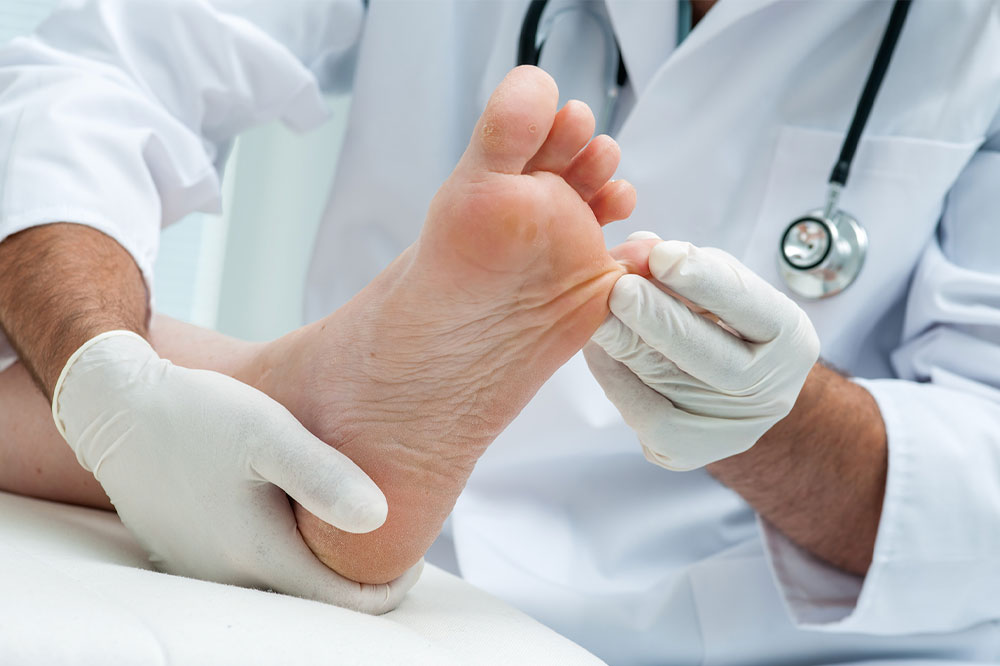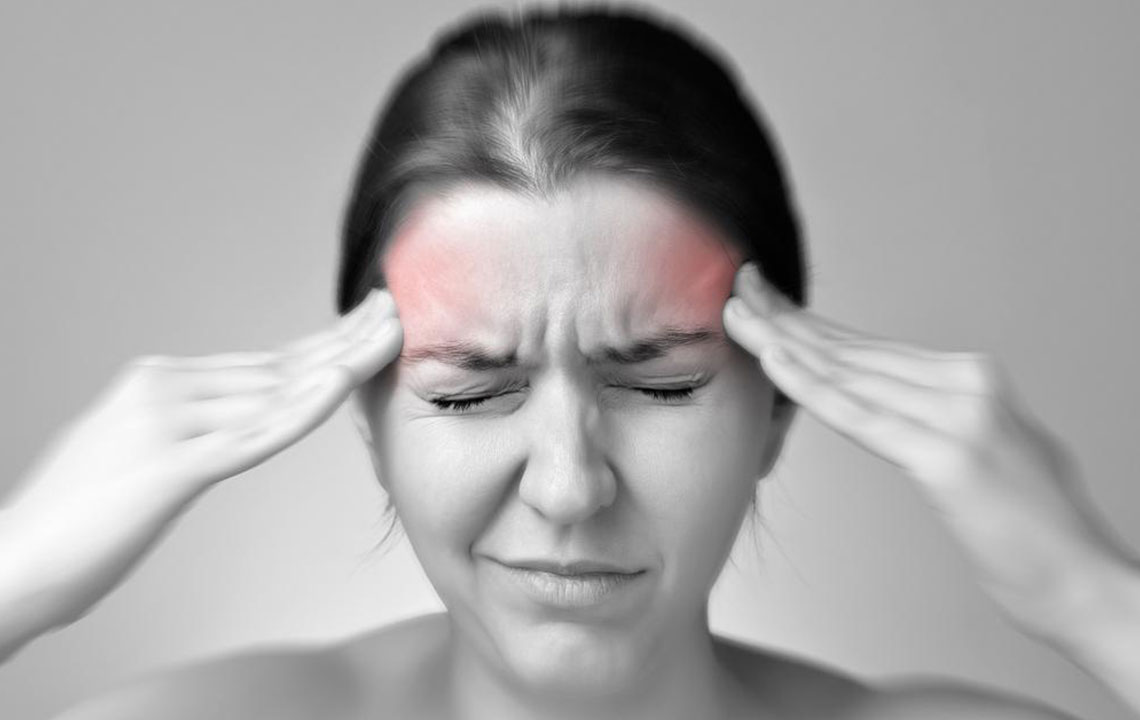Understanding Ear Infections: Symptoms, Diagnosis, and Treatment Options
Learn about ear infections including symptoms, diagnosis, and treatment options. Discover home remedies, when to see a doctor, and how to prevent complications like hearing loss. Proper care ensures quick recovery and minimizes risks.

Understanding Ear Infections: Symptoms, Diagnosis, and Treatment Options
Ear infections vary in type, with acute otitis media affecting the middle ear. Another condition, otitis media with effusion, involves fluid buildup in the middle ear leading to infection. Common remedies include warm compresses, OTC medications, olive oil in the ear, and essential oils.
Symptoms
Children often experience ear pain, fussiness, pulling at the ear, and sleep disturbances. Adults may suffer from pain, swelling, hearing issues, nausea, dizziness, fever, and headaches. Immediate care is essential if there is fever, discharge, vertigo, or sudden hearing loss.
Healthcare providers perform tests to diagnose ear infections based on symptoms and examination. The doctor inspects the eardrum and checks for pus. Mild infections often resolve naturally, but severe cases or those lasting over 2-3 days may require antibiotics. Watchful waiting may be recommended for minor infections.
Medication like pain relievers and fever reducers can help. Applying low heat with a warm compress can provide relief, but caution is advised, especially in children. Reye's syndrome, a rare but serious condition, is a risk associated with aspirin use in children.
Treatment Approaches
Ear infections caused by bacteria or viruses often result from cold, flu, or allergy-related congestion spreading to the middle ear. Treatment depends on age, infection severity, duration, and fluid presence.
Use of Antibiotics
Antibiotics target bacterial infections but are ineffective against viral causes. Follow your doctor's instructions strictly, completing the full course even if symptoms improve to prevent resistance and recurrence.
Drainage Procedures
In recurrent or severe cases with fluid buildup, procedures like myringotomy may be recommended to drain the ear, relieve pain, improve hearing, and reduce infection risk.
Home Remedies
For minor symptoms, rest, fluids, and home treatments such as saltwater gargles can alleviate discomfort. Applying a warm compress, using OTC ear drops (avoiding if there's discharge unless advised), and keeping the head elevated can also help.
When to See a Doctor
Ear pain typically subsides within a few days. Seek medical attention if there is fluid discharge, dizziness, severe headache, high fever, swelling behind the ear, sudden pain relief (possible eardrum rupture), or worsening symptoms after 48 hours. Untreated ear infections can cause hearing loss and spread, making timely medical care crucial.










